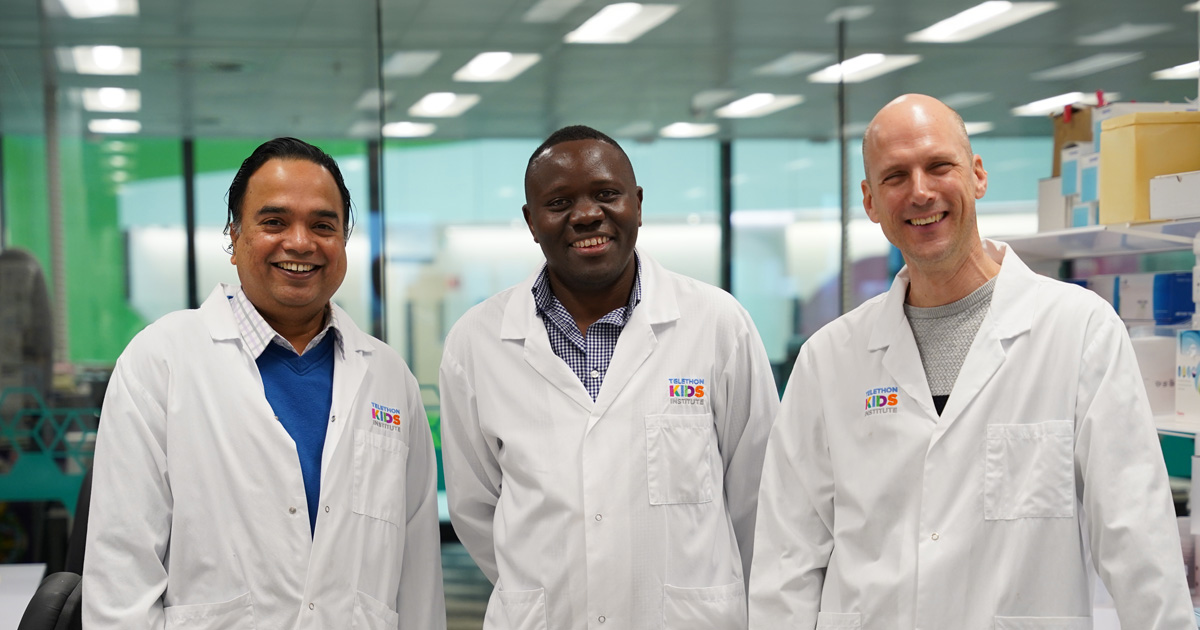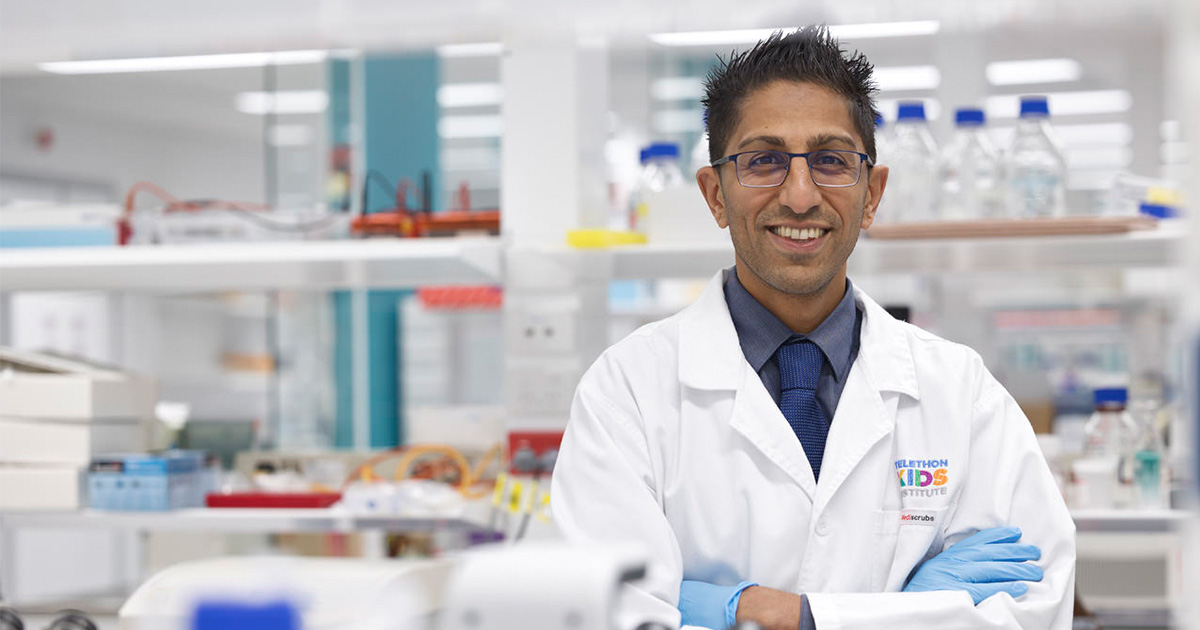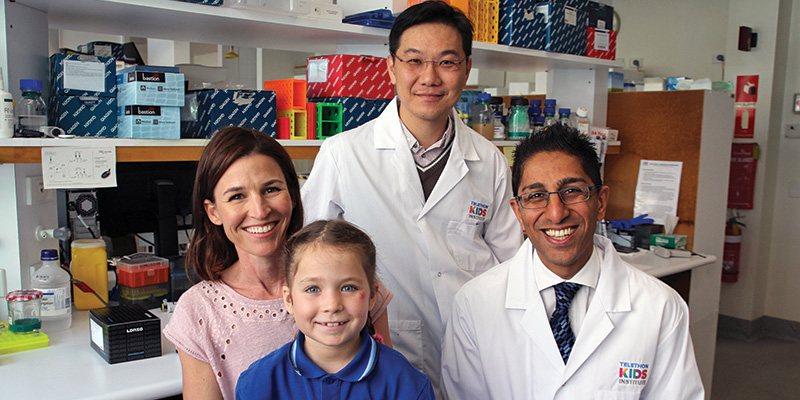Search
Research
Quantification of Helicobacter pylori and its oncoproteins in the oral cavity: A cross-sectional studyTo identify Helicobacter pylori and related oncogenic and virulent proteins in patients with gingivitis, periodontitis, oral cancer and gastric cancer.
Research
The Bone Marrow Microenvironment in B-Cell Development and MalignancyB lymphopoiesis is characterized by progressive loss of multipotent potential in hematopoi-etic stem cells, followed by commitment to differentiate into B cells, which mediate the humoral response of the adaptive immune system.
Research
Methotrexate-related central neurotoxicity: clinical characteristics, risk factors and genome-wide association study in children treated for acute lymphoblastic leukemiaSymptomatic methotrexate-related central neurotoxicity (MTX neurotoxicity) is a severe toxicity experienced during acute lymphoblastic leukemia (ALL) therapy with potential long-term neurologic complications. Risk factors and long-term outcomes require further study.
Research
Therapeutic targeting of the leukaemia microenvironmentIn recent decades, the conduct of uniform prospective clinical trials has led to improved remission rates and survival for patients with acute myeloid leukaemia and acute lymphoblastic leukaemia. However, high-risk patients continue to have inferior outcomes, where chemoresistance and relapse are common due to the survival mechanisms utilised by leukaemic cells.

News & Events
Lab results confirm promise of new immunotherapy gel for kids cancerNewly published research from The Kids Research Institute Australia and The University of Western Australia has found a gel applied during surgery to treat sarcoma tumours is both safe and highly effective at preventing the cancer from growing back.

News & Events
Childhood cancers not on the rise in SA and NT, but disparity remains for Indigenous children in the NTDespite national and global reports of rising incidences of cancer affecting children and young people, a new analysis has found rates of childhood cancer have remained unchanged over the last 30 years in South Australia and the Northern Territory.

News & Events
Precision medicine offering new hope for kids with aggressive cancersA world-first study involving more than 100 cancer researchers and clinicians across Australia – including from The Kids Research Institute Australia and Perth Children’s Hospital – has shown that precision medicine can significantly improve outcomes for children with high-risk cancer.

News & Events
Researchers unlock key to slowing leukaemia progression in kidsWhen three-year-old Flo Parker injured her hip on a camping trip five years ago, her parents thought it would be nothing more than a common childhood injury.
News & Events
Ependymoma Awareness DayEthan was not even two when he was diagnosed with a rare type of brain tumour known as an ependymoma.
News & Events
Experts Pledge Global Assault on Kids’ CancerA global plan to tackle one of the most aggressive types of childhood brain tumours will be developed as a result of a meeting of international experts in WA.
